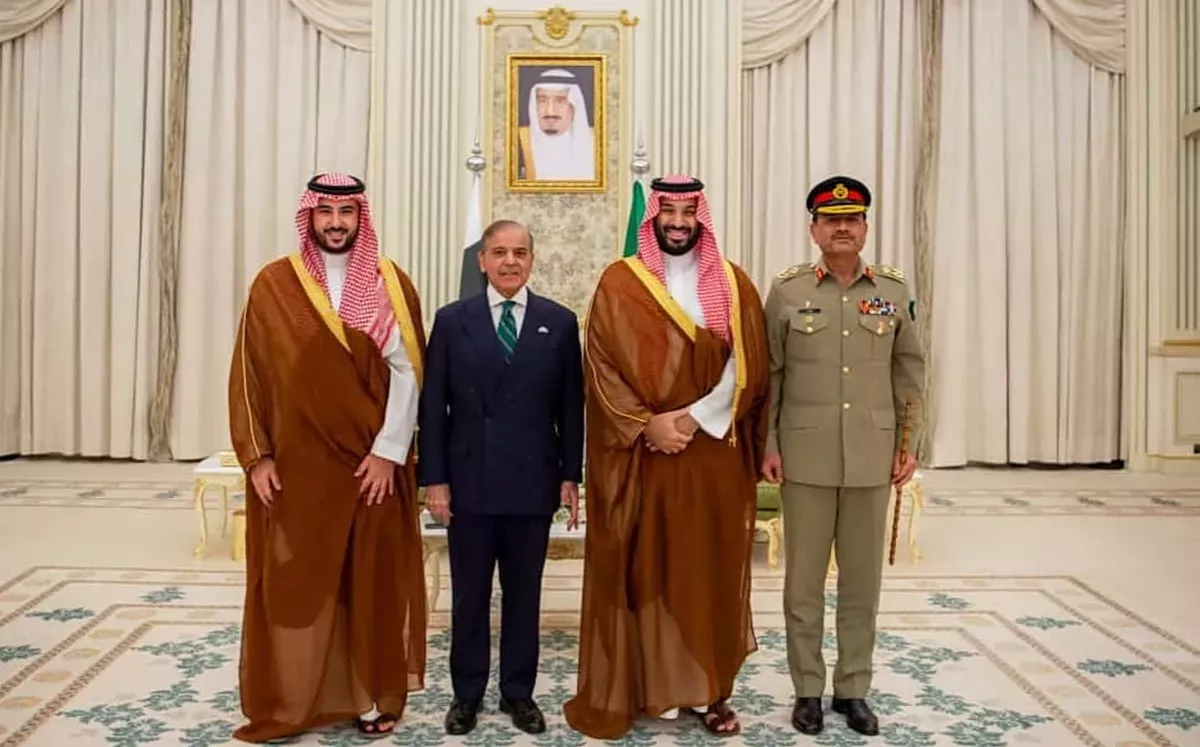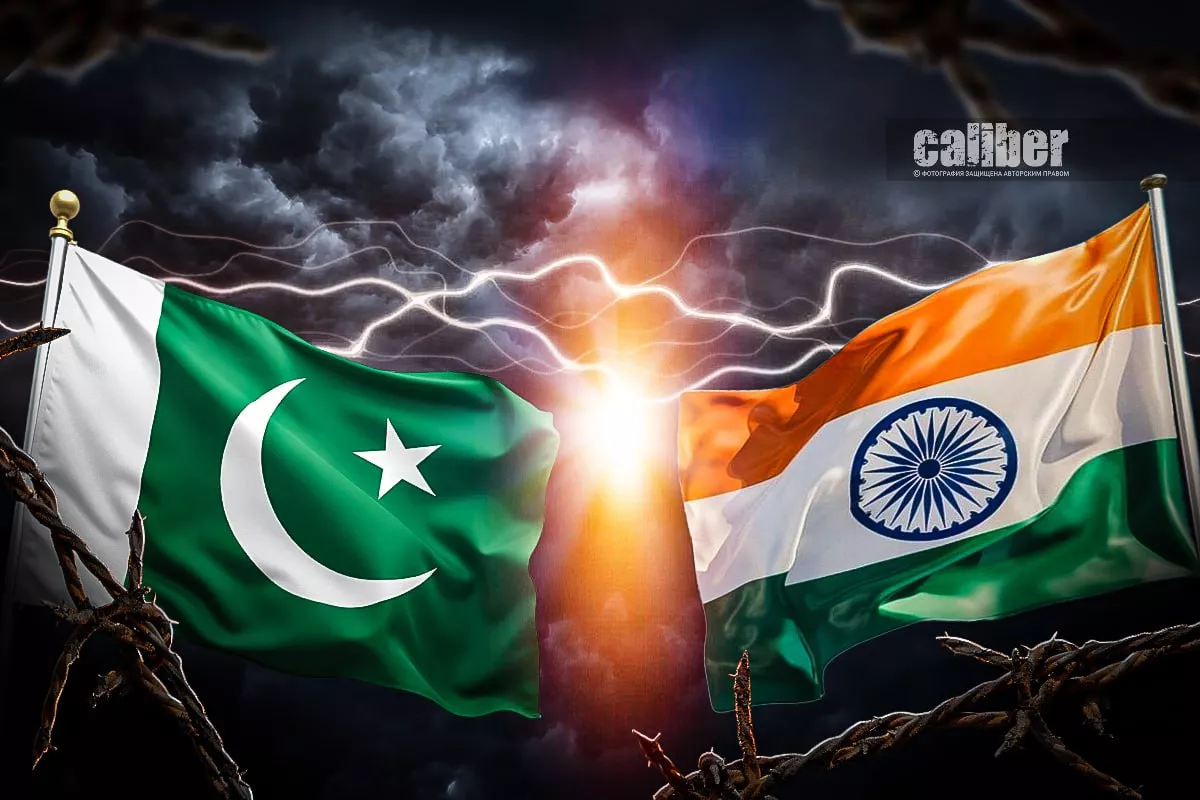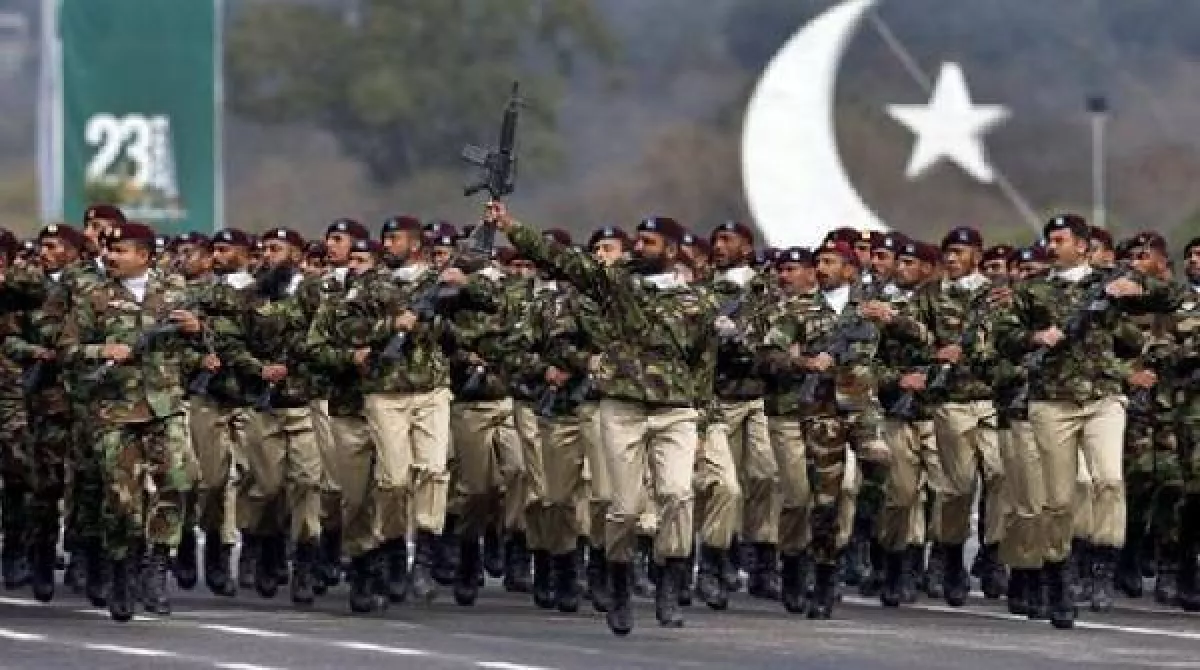Pakistan’s “security umbrella” over the Middle East A new power broker?
Today, the security system that has taken shape in the Middle East over recent decades is being put to the test. Owing to the persistent confrontation between Israel and Iran, many regional states feel a latent threat and the risk of becoming the next target of attacks, both in the short and long term. As a result, countries such as Egypt, Jordan and Saudi Arabia—on the one hand allied with the West, yet on the other potentially vulnerable to attack—have begun seeking partners capable of ensuring their security beyond the region. And here, Pakistan has come to the forefront as one of the priority directions, with these states actively developing military cooperation with Islamabad since September of this year.
For the first time in history, Riyadh and Islamabad signed a comprehensive mutual defence agreement, followed by negotiations on military cooperation between Pakistan and Egypt, while last week Jordan’s King Abdullah II paid a visit to Islamabad. Even Iran, which for a long time was wary of Pakistan’s rapprochement with Saudi Arabia, now appears interested in expanding Islamabad’s role, provided it remains within the framework of a broad, multi-vector Islamic system rather than being confined solely to the Saudi axis.

All this has sparked an animated debate among experts about whether Pakistan can become a security guarantor in the Middle East within the framework of the “security provider for profit” concept. This concept implies that a state—or, in some cases, non-state armed actors (such as private military companies)—receive direct or indirect economic, political or strategic benefits from providing security services to another state or even to an entire region. It is often used to explain the motives of major powers that are rapidly expanding their military-industrial capabilities. In this context, security becomes not only an instrument of foreign policy used for self-defence or the protection of allies, but also a means of generating profit and projecting power.
Nuclear-armed Pakistan, currently undergoing a period of profound internal transformation, views its professional, combat-experienced army as a key instrument of foreign policy.
Moreover, Pakistan’s leadership is now facing considerable challenges. Capitalising on the favourable political environment created by the U.S. strategy of containing China, India—Islamabad’s main rival—has gained access to American military technologies and weaponry. In addition, the Gulf states are deepening their cooperation with New Delhi in the energy sector and within the framework of the India-Middle East-Europe Economic Corridor (IMEC) economic corridor. For these reasons, the Pakistani government intends to use its military potential both as a functional tool to balance India, on the one hand, and as a means of maximising economic gains, on the other.
However, Turkish experts note that there are certain challenges that may complicate Pakistan’s interaction with Middle Eastern states. In particular, although the Pakistani Armed Forces have accumulated substantial experience in internal security, border protection and conventional warfare, Islamabad’s ability to sustain a large-scale military presence in other regions of the world is partly limited. Maintaining security in the Middle East requires constant and reliable logistics lines, advanced supply and deployment bases, as well as secure air and maritime corridors—something that may prove a difficult task for Pakistan.
Furthermore, the military infrastructure of Egypt, Jordan and Saudi Arabia relies heavily on American or European systems, whereas Pakistan’s arsenals are mainly equipped with weapons and equipment of local or Chinese origin. This creates difficulties in servicing hardware and maintaining a unified command-and-control chain, which is a structural factor that reduces the effectiveness of joint operations.

A second major issue that drains Pakistan’s resources is the constant threat posed by an aggressive India. For many years, Islamabad has preferred to keep its distance from Middle Eastern politics and has historically shaped its military doctrine—and allocated its forces and resources—with the Indian threat in mind. Pakistan’s nuclear deterrence strategy was likewise designed to compensate for India’s demographic advantage. Therefore, Islamabad appears reluctant to deploy a significant portion of its Armed Forces to the Middle East, as this would weaken the troops tasked with deterring New Delhi and could encourage India to escalate. The same logic applies to Pakistan’s “nuclear umbrella”, which is directed solely against targets on the Indian subcontinent.
As Atia Ali Kazmi, President of Pakistan’s Center for International Strategic Studies (CISS), noted, “Pakistan’s nuclear doctrine remains India-centric. Credible deterrence, maintained at the level of minimum essential capability, remains the cornerstone of our national security policy. Accordingly, in this context, the doctrine of Full-Spectrum Deterrence is also exclusively focused on India.”
It should also be emphasised that Pakistan can assume long-term security commitments only if regular external funding is ensured. For this reason, Islamabad prefers to commercialise defence cooperation primarily through the sale of technologies and munitions, as well as training and technical maintenance services for weapons systems.
To summarise the above, for Muslim countries Pakistan—with its human resources, nuclear weapons and extensive combat experience—is a natural security partner. Islamabad itself is also interested in this cooperation, as it seeks to balance India’s influence and deepen its ties with Middle Eastern states. Consequently, Pakistan is emerging as an additional player offering “security in exchange for interests”, thereby contributing to the balancing of power in the Middle East.

At the same time, Pakistan continues to develop and expand its capabilities. According to Muhammad Taimur Fahad Khan, Research Associate at the Centre for Strategic Perspectives (CSP), Institute of Strategic Studies Islamabad (ISSI), “Seen from Riyadh, Doha, Tehran, and even Moscow, Pakistan’s 2025 trajectory represents a quiet but consequential transformation: from a peripheral state exporting labour and security assistance to a core stakeholder in Middle Eastern stability…If it can sustain political stability and economic reform, Islamabad may find itself performing a role few envisioned a decade ago.”
Thus, Pakistan is poised to play a far more significant role in the Middle East in the near future than it does today—especially given the urgent need of a number of regional states for Pakistan’s “security umbrella”.








